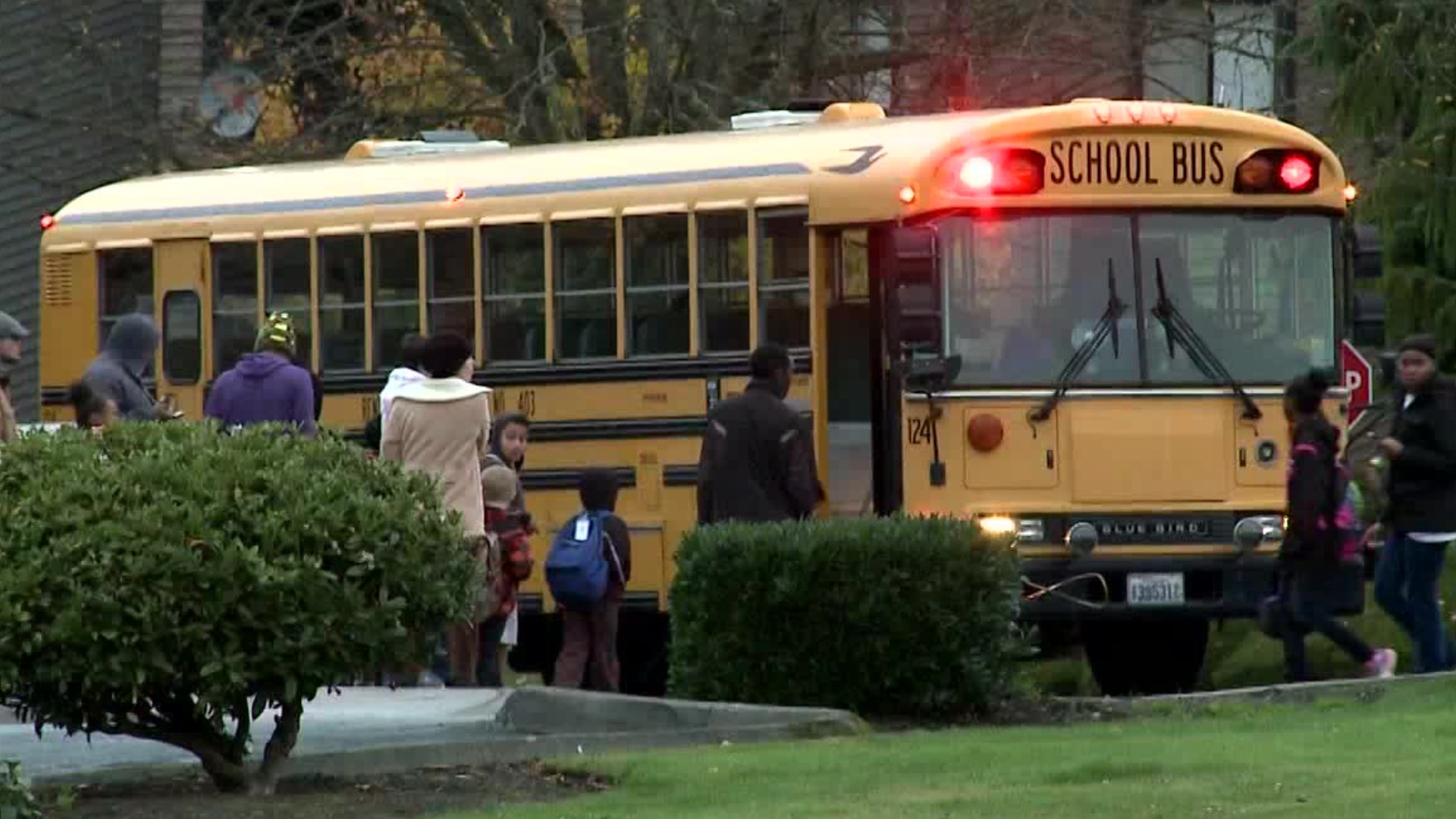Sex, Money And Senior Citizens
This week I heard a retired physician comment at a lecture, “In the media, older people’s sex is literally a joke.” That is unfortunate. Sex is a fundamental part of our human nature at any age. It is not a disease to be controlled or an aberrant behavior that must be managed.
I am an economist, so my immediate thought is whether the market can help seniors’ sex lives. Viagra has of course helped many men, though libido enhancers for women have been less successful. The sex toy industry is a big one, but it has a blind spot when it comes to seniors. Perhaps the market is failing seniors.
The subject of seniors and sex is also dominated by a medical framework filled with problems that have to be fixed, according to Northern Arizona University psychological researcher Dr. Emily Patch, who recently spoke on the subject at the Sedona International Film Festival. Atrophied vaginas, male impotence, incontinence and cancer are some of the major topics. Sex and the senior citizen is considered a story about decline. For younger people, by contrast, the focus is on fulfillment, happiness and bonding.
That doesn’t make economic sense. Sex and intimacy are just as relevant for older people as for youth. A better understanding of senior sexuality and relationships would go a long way to help elders deal with loneliness and financial problems, both of which increase with age. Pairing up could help people share not only their elder years but also their expenses.
Sex for seniors is a good thing—but it doesn’t get enough positive attention
There is evidence that elders have quite a lot of lust and get satisfaction from their partners. But for too long, research on older people’s sexuality has been spotty.
When Dr. Alfred Kinsey in the 1940s and Masters and Johnson in the late 1950s began their pioneering research on sexuality, average life expectancy at birth was well under 70 and the probability of good health after 65 was also much lower. Politics has also stood in the way of good research. Conservative politicians have stymied sex research at every turn, and large publicly funded surveys that covered sexuality were cut to smaller sample sizes, drastically reducing the number of older people covered in the sex research literature.
Yet in recent years there has been more research into sexuality among seniors and long-term partners. In one recent study, researchers examined people who said they were “madly in love” with their long-term partners, with relationships averaging 21 years. Brain scans of the participants found they had activated regions in the dopamine-rich regions of the brain, similar to what teenagers would have about their new loves.
What was surprising to researchers was that an area deep in the brain stem that is a location for serotonin also lit up. Those aren’t the same elements characteristic of a younger relationships. With a well-loved, long-term partner, sex can have the same neural reward-value as a new romance—or better. What’s more, serotonin and dopamine are important factors in combatting depression and loneliness.
I worry about the costs and hidden inequities embedded in the social ignorance about sex and intimacy in old age. But Professor Patch, in her Sedona lecture, did offer hope to individuals. She recommended individual counseling, especially from a couples or sex therapist, as a resource that could help seniors needing help understanding their roles and needs. I suspect older people in good relationships think it is a matter of luck or mystery that they are having sex. How to improve a sexual relationship or find a supportive intimate partner is a black box, and it may help to have a professional counselor to consult.
But it is much easier for the well-educated and well-insured to get access to relationship counselors than it is for most others. It would seem that older people who manage to improve their relationships or use dating services and apps are typically well-educated and well-to-do.
Democratizing sex and wellbeing among seniors
We need to go beyond the market in order to democratize intimacy and sex for seniors. Here are some ways we could move forward:
- The Medicare Wellness Exam was developed to ask all patients coming into Medicare about subjects like fall risk, depression, or physical and mental abuse in their relationships. This exam should also ask about sex and intimacy. Right now it does not. Medicare covers visits with psychologists, but mostly excludes marriage counseling. For lower-income groups, books can help work through various communication issues in relationships. For learning how to have open conversations that avoid resentment and anger, Professor Patch recommends Dance of Anger: A Woman’s Guide To Changing The Patterns Of Intimate Relationships.
- Along with age discrimination and ageism we need to change the media and culture representation of sex and seniors. We need more places where senior sex treated with respect in the media.
- We need changes in medical education on sex, intimacy, and age to stop it from being regarded as abnormal or nonexistent. There is only limited quality research that influences medical education and in general, there is only no enough research on the sex lives of older people. This lack of medical knowledge into sexuality is a general problem: medical students in a recent study performed below a passing rate in a majority of sex health knowledge categories.
- What about changes in sexual orientation when sex ratios in senior communities? We know when there is an abundance of one sex over the other—in prisons or boarding schools, for example—you find men who don’t live homosexual lives sometimes engaged in deep homosexual relationships. This could be true about sex ratios for older women as well.
- Assisted-living facilities could have regular presentations on sex and intimacy. College dorms have sex counselors. I bet if properly marketed, senior citizen communities would have a niche. But sex and intimacy shouldn’t be just for rich elders. There is a trend of senior homes on college campuses targeted at the affluent. Personnel in Medicaid-funded senior citizen homes need training in the area.
Happy Valentine’s Day—make it count!









Recent Comments